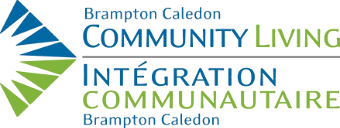On July 16, 2018, the Ontario Superior Court of Justice released its decision in Canada Without Poverty v A.G. (Canada) (2018 ONSC 4147). The court ruled that:
-the 10% limit on a registered charity’s spending on non-partisan political activities is unconstitutional
-the definition of “charitable activities” in the Income Tax Act (ITA) includes non-partisan “political activities” if the activity is in support of the charity’s charitable mandate, and partisan political activities (i.e. advocating for a political party or candidate) remain prohibited.
As a result, a registered charity may devote more than 10% of its resources on non-partisan political activities (i.e. public advocacy that supports its charitable mission) without jeopardizing its registered charity status.
The decision provides more freedom to registered charities to engage in public advocacy, which for many charities is critical to carrying out their charitable mandates. At the time of publication, the Attorney General had not appealed the court’s decision.

/https://www.thestar.com/content/dam/thestar/news/gta/2018/09/12/child-support-ordered-in-precedent-setting-case-involving-adult-with-disabilities/robyn_and_josh_coates.jpg)
/https://www.thestar.com/content/dam/thestar/news/gta/2018/05/04/ontario-educational-system-failing-students-with-intellectual-disabilities-report/rotolo_mom.jpg)